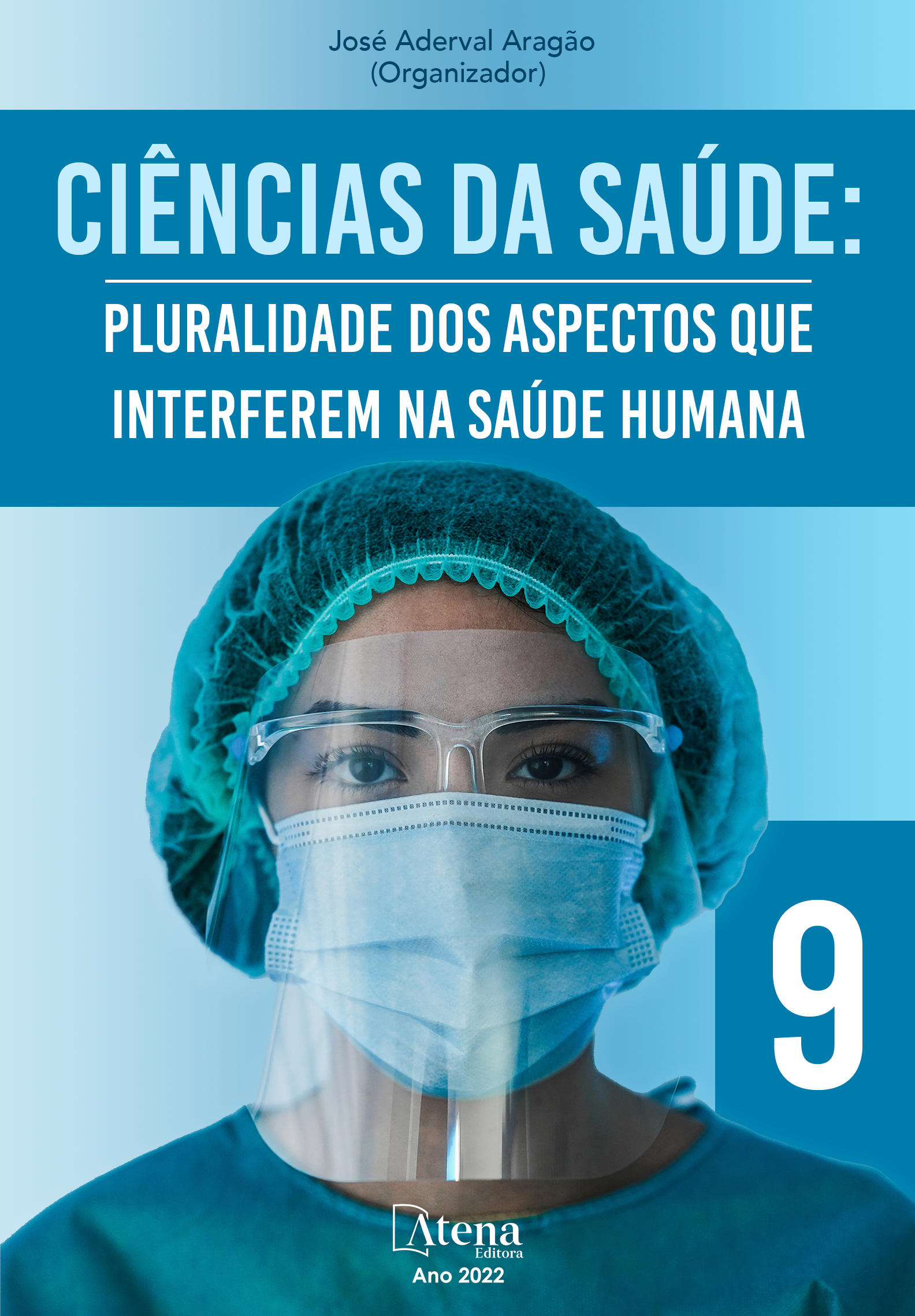
TRANSPLANTE DENTAL AUTÓGENO BILATERAL: RELATO DE CASO CLÍNICO
O autotransplante dentário é uma eficiente manobra cirúrgica para reabilitar e consequentemente proporcionar a função oral através da implementação de um dente autógeno em um alvéolo devido à ausência ou perda de algum dente. E por se tratar de pacientes jovens com perda dentária, existe a limitação de tratamentos reabilitadores, levando em consideração que atualmente os implantes osseointegrados apresentam-se como padrão ouro na substituição de dentes perdidos e que está contraindicado para pacientes jovens.
Para que se possa realizar esse tratamento, existem diversas indicações assim como, suas contra indicações. Seus valores recaem sobre o fato de ser o material mais biocompatível possível, vantagens econômicas, tempo cirúrgico, rápida recuperação e não só nesse caso a ser apresentado como nas revisões de literatura, suas taxas de sucessos são consideradas altas, acima de 90%.
Todavia, o presente trabalho tem como objetivo demonstrar e comprovar os sucessos e os benefícios de um transplante dentário bilateral autógeno do dente 48 para o alvéolo do dente 46 e do dente 38 para o alvéolo do dente 36. Mas, esclarecendo, verificando e aplicando elementos de uma teoria a pratica odontológica de modo que comprove a excelência e eficácia de um transplante autógeno no âmbito funcional e estético. Uma vez que, a anamnese, exames pré-cirúrgicos, biologia do transplante, técnica cirúrgica, condição sistêmica da paciente, cuidados cirúrgicos, idade do paciente, fase de desenvolvimento radicular e erupção dentária, entre outros, são fatores cruciais e relevantes para o êxito desse caso clinico.
TRANSPLANTE DENTAL AUTÓGENO BILATERAL: RELATO DE CASO CLÍNICO
-
DOI: 10.22533/at.ed.4142214027
-
Palavras-chave: Transplante dentário autógeno, auto transplante dental
-
Keywords: Autogenous dental transplant, dental autotransplant
-
Abstract:
Dental autotransplantation is an efficient surgical maneuver to rehabilitate and consequently provide oral function through the implementation of an autogenous tooth in an alveoli due to the absence or loss of any teeth. And because they are young patients with tooth loss, there is a limitation of rehabilitative treatments, taking into account that currently osseointegrated implants they are the gold standard in the replacement of missing teeth and are contraindicated for young patients.
In order to carry out this treatment, there are several indications as well as their contraindications. Its values lie in the fact that it is the most biocompatible material possible, economic advantages, surgical time, quick recovery and not only in this case to be presented as in literature reviews, their success rates are considered high, above 90%.
However, the present work aims to demonstrate the successes and benefits of a bilateral autogenous tooth transplant of tooth 48 to the socket of tooth 46 and from tooth 38 to the socket of tooth 36. But, clarifying, verifying and applying elements of a theory to dental practice in order to prove the excellence and effectiveness of an autogenous transplant in the functional and aesthetic scope. Since, the anamnesis, pre-surgical exams, transplant biology, surgical technique, systemic condition of the patient, surgical care, patient age, root development stage and tooth eruption, among others, are crucial and relevant factors for the success of this clinical case.
-
Número de páginas: 20
- MATEUS VEPPO DOS SANTOS
- MARCELLA AGUIAR TEIXEIRA
- JEAN VITOR ELIZIÁRIO CAMARGOS
- JOSÉ RICARDO MARIANO


